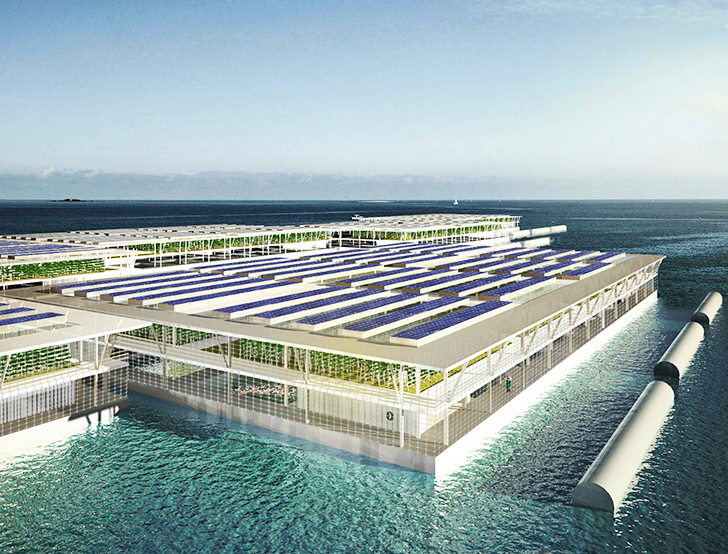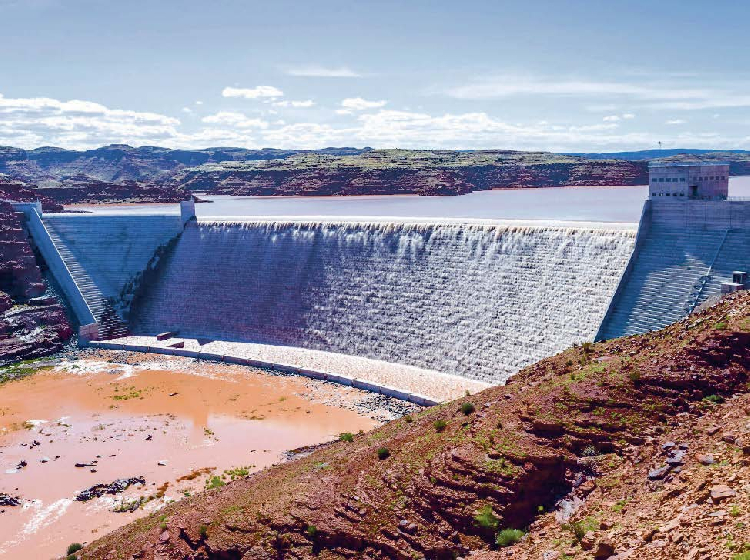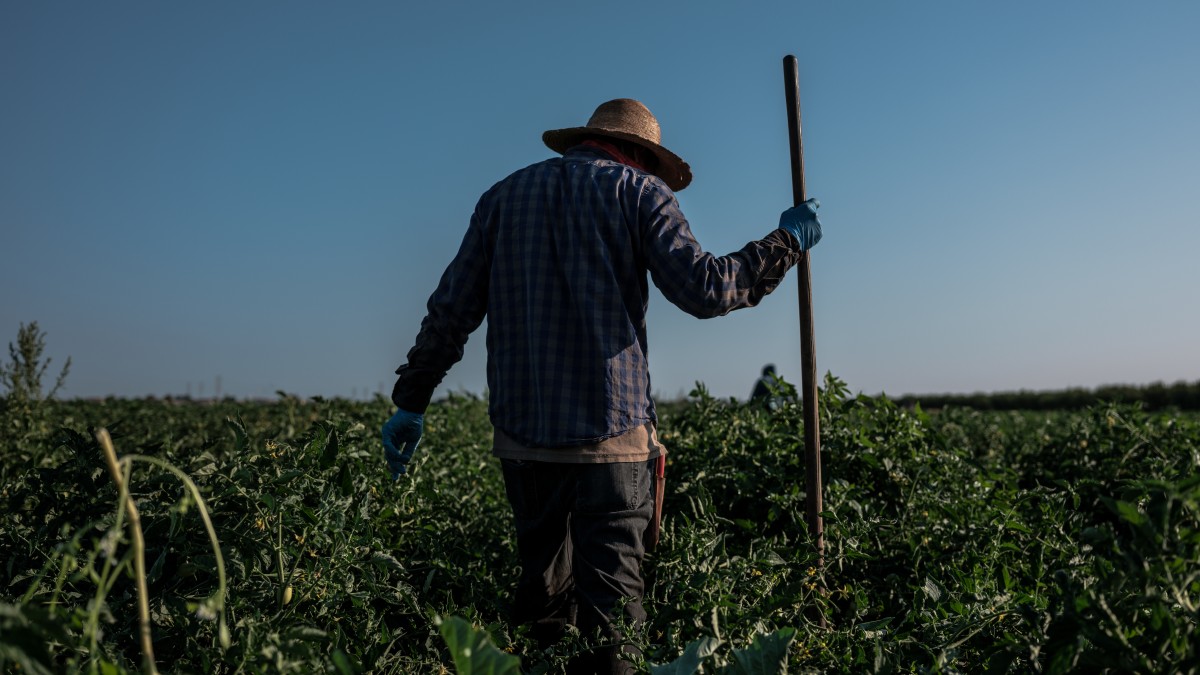 John LaRose Jr.
John LaRose Jr.
Topics: Fruit, Economics, Sustainability, Regenerative Agriculture, Ag Australia/NZ,
All hands to the paddles at Canoelands Orchard
When Cecil Christie left the Shetland Islands and migrated to Canoelands, approximately 60 kilometres north-west of Sydney, he would have been pleased to know his legacy would be still going strong 98 years later.
-
(0)
-
Bookmark
- Comments (0)
 John LaRose Jr.
John LaRose Jr.
Topics: Agriculture Global, Economics, World Population, Regenerative Agriculture,
This technology collaborative promises a brighter future for solar
BlueDot Photonics aims to make solar power more efficient and affordable.
-
(0)
-
Bookmark
- Comments (0)
 John LaRose Jr.
John LaRose Jr.
Topics: Forestry, Economics, Research, World Population, Regenerative Agriculture, Renewable Energy (Solar/Wind),
The Real Cost of Planting Trees
Careful monitoring and up-front investment are necessary to ensure reforestation efforts yield benefits for communities and biodiversity
-
(0)
-
Bookmark
- Comments (0)
 John LaRose Jr.
John LaRose Jr.
Topics: Agriculture Global, Economics, Sustainability, Research, World Hunger, World Population, Regenerative Agriculture,
-
(0)
-
Bookmark
- Comments (0)
 Randy Krotz
Randy Krotz
Topics: Organic, Food/Nutrition, Regenerative Agriculture,
Goodbye, Organic; Hello, ‘Regen-Certified’—Ready for the Newest Label on Store Shelves? - Worth
For many of us, the organic certification label has become a touchstone we look for to help us choose what’s good for us. But is it good enough?
-
(0)
-
Bookmark
- Comments (0)
 John LaRose Jr.
John LaRose Jr.
Topics: Soil Health, Sustainability, World Hunger, World Population, Regenerative Agriculture,
-
(0)
-
Bookmark
- Comments (0)
 John LaRose Jr.
John LaRose Jr.
Topics: Precision AG , Vegetables, Agriculture Global, Water, Fishing (Commercial), Ag Innovation, Regenerative Agriculture,
Solar-powered floating farms that can produce 20 tons of vegetables every day
This next design is an innovative and new approach to traditional farming. It is an amazing solar powered floating island which is covered with several farms and was created by Forward Thinking Architecture. The floating islands work in a very energy efficient way, harvesting sunlight and rainwater, this way creating a sustainable environment. These floating […]
-
(0)
-
Bookmark
- Comments (0)
 John LaRose Jr.
John LaRose Jr.
Topics: Irrigation, Water, Economics, Sustainability, Government / Policies, Ag Africa, Regenerative Agriculture,
Govt too broke for Neckartal Dam irrigation scheme
AGRICULTURE minister Calle Schlettwein says the government has no money to set up the 5 000 hectare irrigation projects which were part of the bigger plan in constructing the Neckartal Dam.
-
(0)
-
Bookmark
- Comments (0)
 Nancy Kavazanjian
Nancy Kavazanjian
Topics: Agriculture US, Climate Change, Regenerative Agriculture,
Devil always is in the details of which the are none yet
A strike against global warming or a Big Ag giveaway?
As the Biden administration mulls paying farmers to mitigate warming, climate economists question if the push is backed by science or pressure for Big Ag subsidies.
-
(0)
-
Bookmark
- Comments (0)
 John LaRose Jr.
John LaRose Jr.
Topics: Soil Health, Livestock/Meat, Economics, Beef Cattle, Research, Fertilizer, Regenerative Agriculture,
Humus compost manure system gets carbon into the soil, cuts fertilizer use | The Mitchell Republic
Olsen Custom Farms of Hendricks, Minn., has constructed a 14-acre site for making “humus compost” from the farm’s 3,500-head confinement beef custom feedlot near Toronto, S.D. The idea is to improve crop yields yields while replacing synthetic fertilizers, all while reducing a carbon footprint. The company believes it will be smart to get ahead of federal policies that likely will influence farm nutrient practices.
-
(0)
-
Bookmark
- Comments (0)











